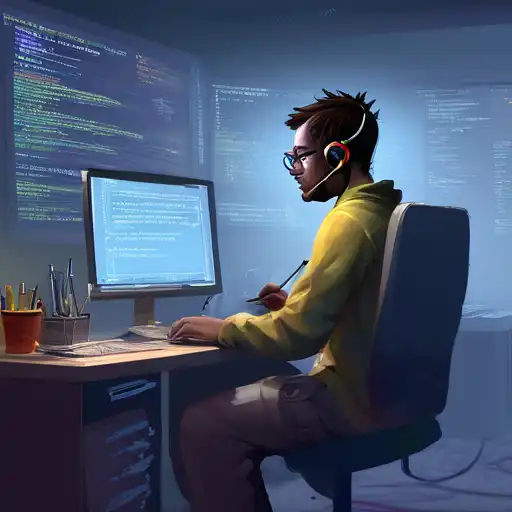Introduction to Debugging for New Programmers
Debugging is an essential skill for any programmer, especially for those just starting out. It involves identifying and resolving errors or bugs in your code that prevent it from running correctly. This article will provide you with essential debugging strategies to help you become more efficient and confident in your coding journey.
Understand the Error Messages
One of the first steps in debugging is to understand the error messages your development environment throws at you. These messages are not just random text; they are clues that can lead you to the root of the problem. Take the time to read and comprehend these messages, as they often tell you exactly where and what the issue is.
Use a Systematic Approach
Debugging can be overwhelming if you don't have a strategy. Start by isolating the problem. Break down your code into smaller sections and test each one individually. This methodical approach can help you pinpoint exactly where the bug is hiding.
Leverage Debugging Tools
Most integrated development environments (IDEs) come with built-in debugging tools. These tools allow you to step through your code line by line, inspect variables, and see the flow of execution. Familiarizing yourself with these tools can significantly reduce the time you spend debugging.
Write Clean and Readable Code
Prevention is better than cure. Writing clean, readable, and well-commented code can help you avoid bugs in the first place. It also makes debugging easier because you can understand what your code is supposed to do at a glance.
Practice Makes Perfect
Debugging is a skill that improves with practice. The more you code and debug, the better you'll become at identifying and fixing bugs quickly. Don't get discouraged by errors; they're a natural part of the learning process.
Seek Help When Needed
Sometimes, despite your best efforts, you might hit a wall. Don't hesitate to seek help from more experienced programmers or online communities like Stack Overflow. Often, a fresh pair of eyes can spot something you've missed.
Conclusion
Debugging is an inevitable part of programming, but with the right strategies and tools, it doesn't have to be daunting. By understanding error messages, using a systematic approach, leveraging debugging tools, writing clean code, practicing regularly, and seeking help when needed, you can become proficient at debugging in no time. Remember, every programmer starts somewhere, and making mistakes is how we learn and grow.
